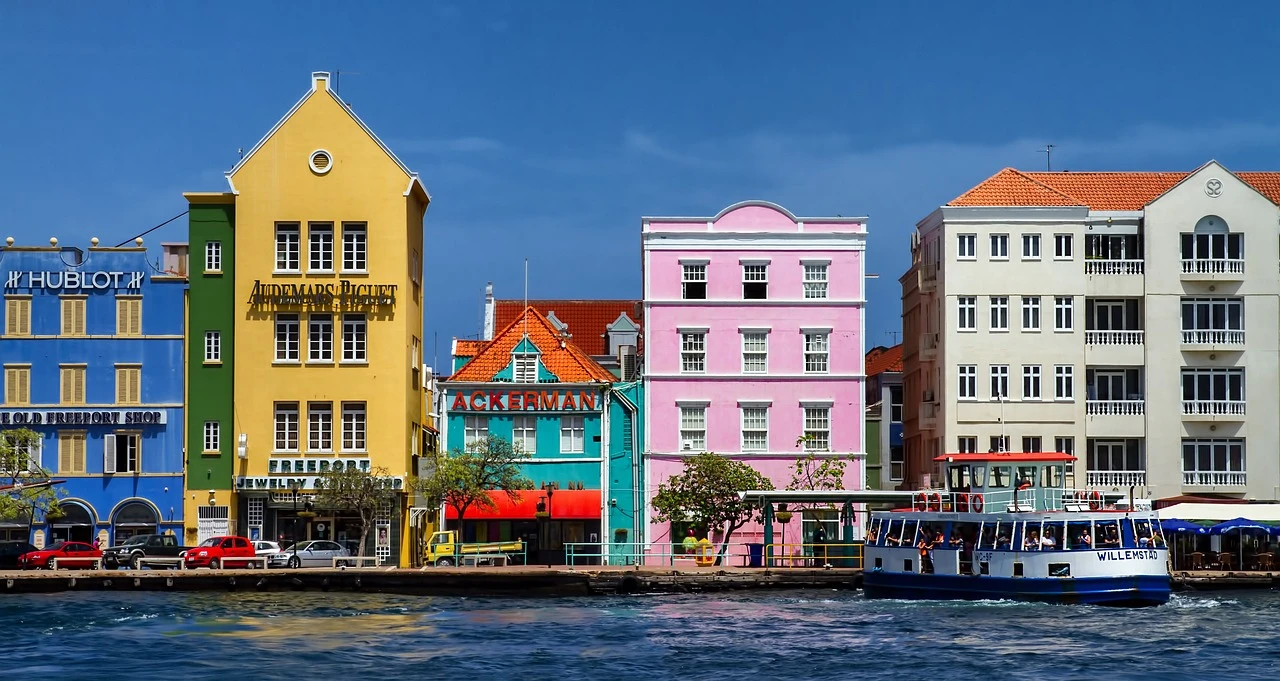LOK will “enhance” Curaçao’s reputation, asserts minister of finance

Silvania made the comments during the first reading of the LOK in the jurisdiction’s parliament. The LOK, which is set to replace the current legislation, the National Ordinance on Offshore Games of Hazard (NOOGH), first entered Curaçao’s parliament for approval last December.
Silvania acknowledged that Curaçao has garnered a negative reputation in terms of money laundering. However he emphasised that the LOK would work to change that.
“Curacao, as a small island, has faced significant challenges regarding its reputation in the online gaming industry,” Silvania explained. “We have often been portrayed as a hub for criminal activities and money laundering, contributing to a negative image. However, this perception is set to change with the LOK.”
He added it is “crucial” to recognise that online gaming offers a high risk of money laundering. In doing so, he implored parliamentarians to see how the LOK could help alleviate this.
“The new law will enhance our reputation by promoting transparency, accountability and compliance with international standards in these critical areas,” Silvania continued.
AML issue “critical” for Curaçao
The minister continued to stress the timing of the LOK’s implementation ahead of the Financial Action Task Force (FATF) and the Caribbean FATF’s (CFATF) evaluation of Curaçao later this year.
“This year, Curaçao will undergo a mutual evaluation by CFATF. Where the laws and measures taken by Curaçao to combat money laundering will be scrutinised,” Silvania explained. “Therefore, this law must be accepted and implemented as soon as possible.”
During his speech, Silvania blasted the misinformation and misreporting surrounding the LOK, which he had also previously condemned. Silvania described the misinformation as “regretful”, adding that it has the potential to do serious harm.
“The CFATF assessors who are conducting the MEVAL of Curaçao are also following our news,” he continued. “Consequently, they are also capable of believing the wrong information that comes out in the media and that certain parliamentarians are vociferating.”
Last September, Silvania noted that the LOK would provide a “safety net” from a potential grey-listing.
Beyond the AML implications, Silvania acknowledged incorrect reporting regarding the recent issuance of licences. He clarified that the licences were issued under the existing regime – the NOOGH – and not the LOK, which is incoming.
He advised that the strict conditions and policies attached to the new licences helps to align “Curaçao licence holders with the expected standards and operational responsibilities that exist in the gambling industry today – in particular with anti-money laundering which is a critical issue for Curaçao at this time.”
Silvania insists LOK is a combined effort
Silvania also addressed rumours that the LOK had been drafted privately without input from industry stakeholders.
“Nothing could be further from the truth,” he stated. “The LOK was not drafted in a bubble. Widespread local and international input and consideration is a fundamental part of what the LOK has become today.”
Further, Silvania outlined the potential benefits of the LOK for Curaçao’s economy. He explained that under the NOOGH, Curaçao’s government receives ANG120,000 (£52,894/€61,810/$66,901) per year per licence. Comparatively, in jurisdictions such as Malta or the Isle of Man, direct licence revenue can be up to €82m.
“Let me be clear – the Curaçao gambling industry has more licences than these jurisdictions combined, but the funds in Curaçao are being directed to the private sector or else offshore,” Silvania explained. “The government and the people are being robbed of their rightful income.”
Silvania confirmed details of the LOK licence fees last December. He stipulated that this would just be the beginning for Curaçao’s economy, which could see improvements to education and health.
“In a well-managed gambling jurisdiction those direct revenues to the regulator are just the beginning of the influx of money,” said Silvania. “The overall impact is monumental and demonstrates the real potential value to the economy which can start investing more in education, health and infrastructure for the long-term benefit of the entire population.”
Curaçao’s LOK: Where are we now?
The first reading of the LOK in parliament represents a milestone for the legislation, which has been creeping closer to implementation over the last six months.
The jurisdiction’s new licensing process opened on 1 September 2023, as the Gaming Control Board (GCB) opened the licence application portal. This kicked off a period of transition for Curaçao’s gaming industry.
Later that month Hilary Stewart-Jones was confirmed to be joining the GCB as an adviser. When the LOK comes into force, the Curaçao Gaming Authority will take over as the new regulator.
Last November, the licence application portal began to accept account registrations for applicants and those holding sub-licences.
